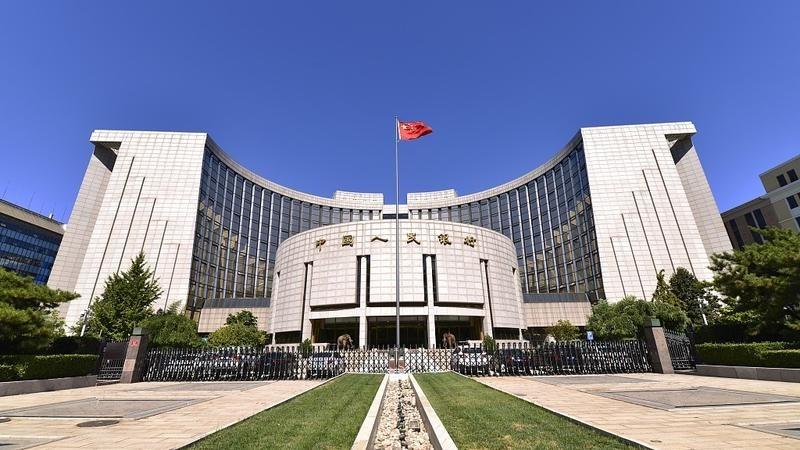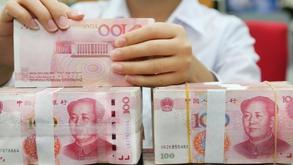 This Sept 28, 2018 photo shows the headquarters of the People's Bank of China (PBOC), China's central bank, in Beijing. (PHOTO / VCG)
This Sept 28, 2018 photo shows the headquarters of the People's Bank of China (PBOC), China's central bank, in Beijing. (PHOTO / VCG)
China's central bank is expected to pay more attention to keeping inflation in check during the rest of the year while sustaining support for economic growth, experts said on Thursday.
Given the necessity of maintaining price and financial stability, the possibility of cutting policy interest rates in the coming months has declined. Instead, the central bank may prioritize structural policy tools to nurture new growth drivers, they said.
The People's Bank of China will keep a close eye on the inflation situation at home and abroad, avoid excessive printing of money, and consolidate the basis of increasing food production and the steady operation of the energy market, the PBOC said in its second-quarter monetary policy report
They commented after the People's Bank of China, the nation's central bank, said in a report on Wednesday that it will strike a balance between economic growth and price stability as the country's structural inflationary pressure might intensify amid elevated global inflation.
"High inflation has become the most prominent challenge to global economic development," according to the central bank's second-quarter monetary policy report.
The central bank will keep a close eye on the inflation situation at home and abroad, avoid excessive printing of money, and consolidate the basis of increasing food production and the steady operation of the energy market, the report said.
ALSO READ: China's central bank to step up prudent monetary policy
The US Department of Labor said on Wednesday that the growth of the consumer price index in the United States, a main gauge of inflation, remained elevated at 8.5 percent year-on-year in July, albeit down from 9.1 percent in June thanks to falling energy prices.
By contrast, China's CPI growth remained mild at 2.7 percent year-on-year in July, but up from 2.5 percent in June due to rising pork prices.
The central bank report said that China's price levels will continue to run within a reasonable range, but cautioned about potential CPI rises due to factors including recovering domestic consumer demand and high costs of imported energy.
 In this undated photo, a clerk counts renminbi yuan banknotes in Nantong, East China's Jiangsu province. (PHOTO / IC)
In this undated photo, a clerk counts renminbi yuan banknotes in Nantong, East China's Jiangsu province. (PHOTO / IC)
Wen Bin, chief economist at China Minsheng Bank, said the space for additional monetary stimulus has been reduced, as maintaining price stability has become the central bank's top priority while policymakers have de-emphasized this year's economic growth target but attached more importance to fostering high-quality development.
ALSO READ: PBOC eyes tasks to keep economy on firm footing
The central bank may attach greater importance to structural tools, including relending programs and measures supporting infrastructure investment, to support credit expansion and promote economic upgrading, said Wen Bin, chief economist at China Minsheng Bank
It is unlikely there will be policy interest rate cuts, or reductions in the interest rate of the medium-term lending facility, in the short term, Wen said.
Instead, the central bank may attach greater importance to structural tools, including relending programs and measures supporting infrastructure investment, to support credit expansion and promote economic upgrading, he said.
Featuring a focus on leveraging structural tools to improve the structure of credit expansion, the central bank report pledged efforts to funnel more financial resources into key areas of economic transformation and nurture growth drivers in green investment, urban renovation, high-tech manufacturing and technological innovation.
The report also said the central bank will keep a close eye on the spillover effects of the economic situation and monetary policy adjustments in developed economies.
READ MORE: PBOC stresses importance of support for real economy
Wang Qian, Asia-Pacific chief economist at the US-based Vanguard Investment Strategy Group, said the necessity for China to prevent capital outflow risks amid tightening global financial conditions also points to limited room for interest rate cuts and a greater focus on structural monetary tools.


